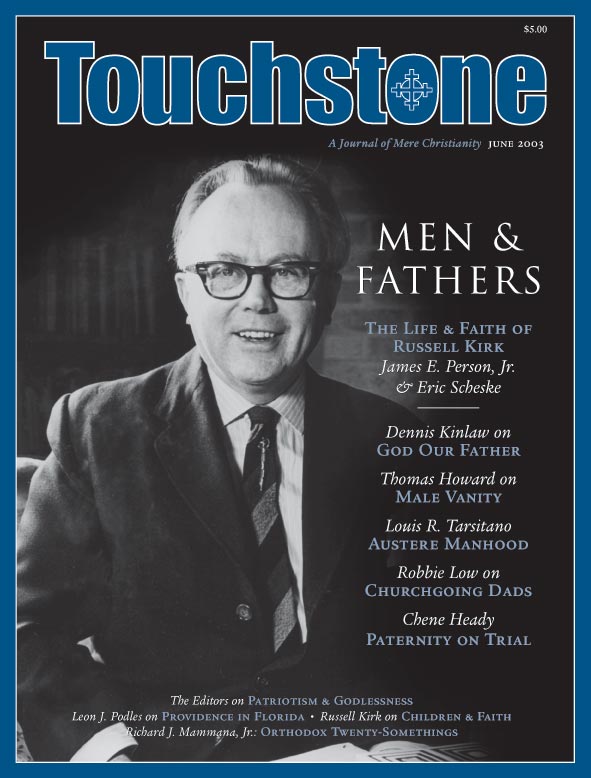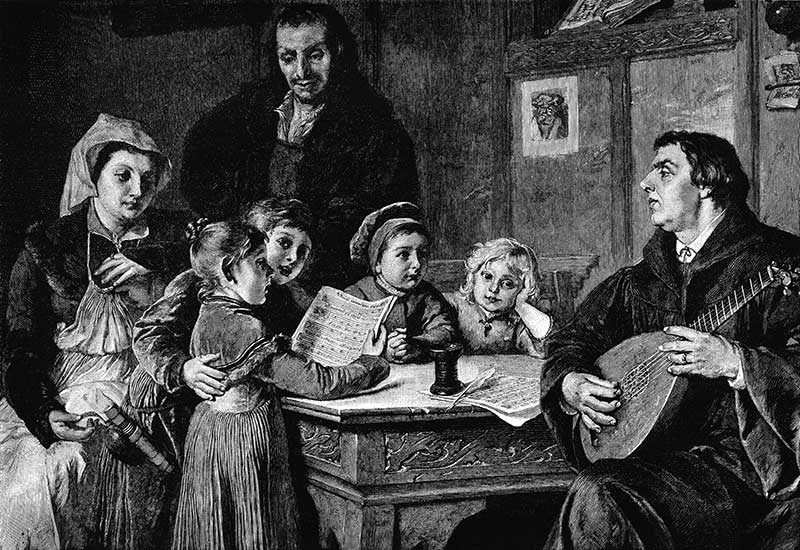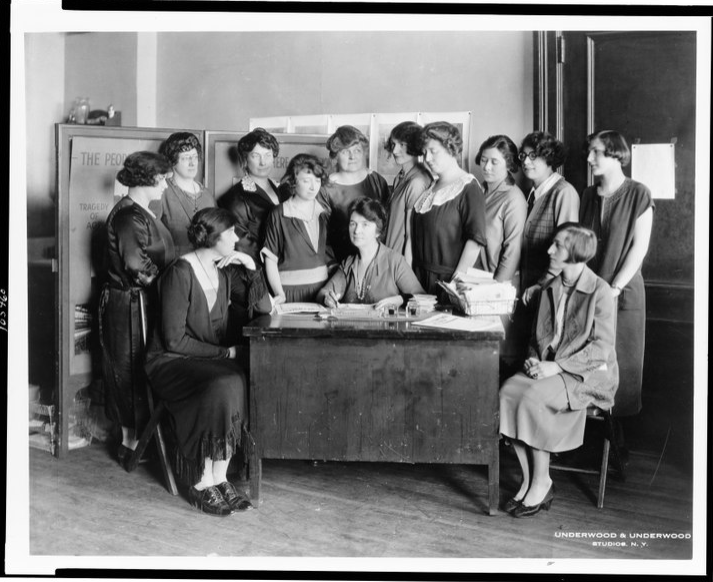Sacred Pedagogy
How & What We Learn About God from the Family
by Dennis F. Kinlaw
One of the wonderful things about our Father’s world is that, no matter how black the horizon or how frightening the evil forces of social disintegration that appear to be destroying all around us that is good, if one looks closely enough, one always can find signals of hope somewhere. A Good Friday and a Black Saturday are never the last word in God’s story for us.
We must remember that even on that day when the Sun hid its face in shame before what appeared to be the ultimate victory of all evil, that day had within it the best of all promises—though not everyone could see it. History remembers that Friday as Good. The reason: Our Father, who is the first and last Word in every event, will not leave himself without a witness, and that witness is one of hope. There is always Good News to be found somewhere in his world if we will just look. We may need to search a bit because the divine hand often is found at work in the most unexpected places.
The First Father
As one looks across the centuries at Christian thought, it appears there has been more attention paid by more people to the doctrine of the Trinity in the last 75 years than at any time since the first four centuries of the Church. The discussion that has transpired, to my mind, has within it potential help for us that could have remarkable, perhaps even radically benevolent, effects. It can help us understand more clearly the nature of the family and of the human personhood that the family assumes. It enables us to see in a fresh way, first, the ultimate basis for the family, and second, God’s purposes for it.
First, the doctrine of the Trinity takes the origin of the family out of the domain of the social scientists and the biologists. We do not have to look to either the natural or the social sciences to understand the mystery of this social institution. When we understand something of the Christian doctrine of the Trinity, we find that the basis for the family rests, not in the creation, not in us, but in the very being of God himself. The reality that we call “fatherhood” has its origin before time began because the first father was not Adam. It was the first person of the blessed Trinity.
If you will let me use the language of time to speak of the eternal, long before God was ever called God, Lord, Sovereign or any other appellative that speaks of his attributes, he was called Father by his Son, the second person of the Trinity. This means that the first word that has to be said about God is not a word of sovereign power or dominion, but one that comes from the family; not a word from the court, but one from the hearth.
Furthermore, Paul even suggests that the final word will not be one of sovereignty or from the language of the court. In 1 Corinthians 15, Paul portrays the scene where the last enemy, death itself, has been destroyed and every knee has been bent in acknowledgment that Jesus is Lord. All things are finally under his nail-scarred feet. Note Paul’s words as he describes the end of the human story in this world: “Then cometh the end, when he (Christ) shall have delivered up the kingdom to God, even the Father. . . .”
The fact of fatherhood is an eternal one. Before the creation, God was Father, and at the end of creation, he will be Father still. Do not worry—no matter what you hear on the evening network news, in the newspapers, or in the scholarly journals, the final word on human existence will be a familial one. The real key to the understanding of the institution of family is not to be found in our sciences. It is found only in Christian dogma.
The fact that people come in families is clearly an aspect of what it means for us to be made in the image of God. Every person we have ever met, or will ever meet, has parents. When you see one, you know that there are, or were, two more, and if you find the two, you know that there are, or were, four more. No matter what the scientists think up next, that fact undoubtedly will continue to characterize human life.
Dennis F. Kinlaw No Bio in Database
subscription options
Order
Print/Online Subscription

Get six issues (one year) of Touchstone PLUS full online access including pdf downloads for only $39.95. That's only $3.34 per month!
Order
Online Only
Subscription

Get a one-year full-access subscription to the Touchstone online archives for only $19.95. That's only $1.66 per month!
bulk subscriptions
Order Touchstone subscriptions in bulk and save $10 per sub! Each subscription includes 6 issues of Touchstone plus full online access to touchstonemag.com—including archives, videos, and pdf downloads of recent issues for only $29.95 each! Great for churches or study groups.
Transactions will be processed on a secure server.
more on family from the online archives
more from the online archives
calling all readers
Please Donate
"There are magazines worth reading but few worth saving . . . Touchstone is just such a magazine."
—Alice von Hildebrand
"Here we do not concede one square millimeter of territory to falsehood, folly, contemporary sentimentality, or fashion. We speak the truth, and let God be our judge. . . . Touchstone is the one committedly Christian conservative journal."
—Anthony Esolen, Touchstone senior editor












